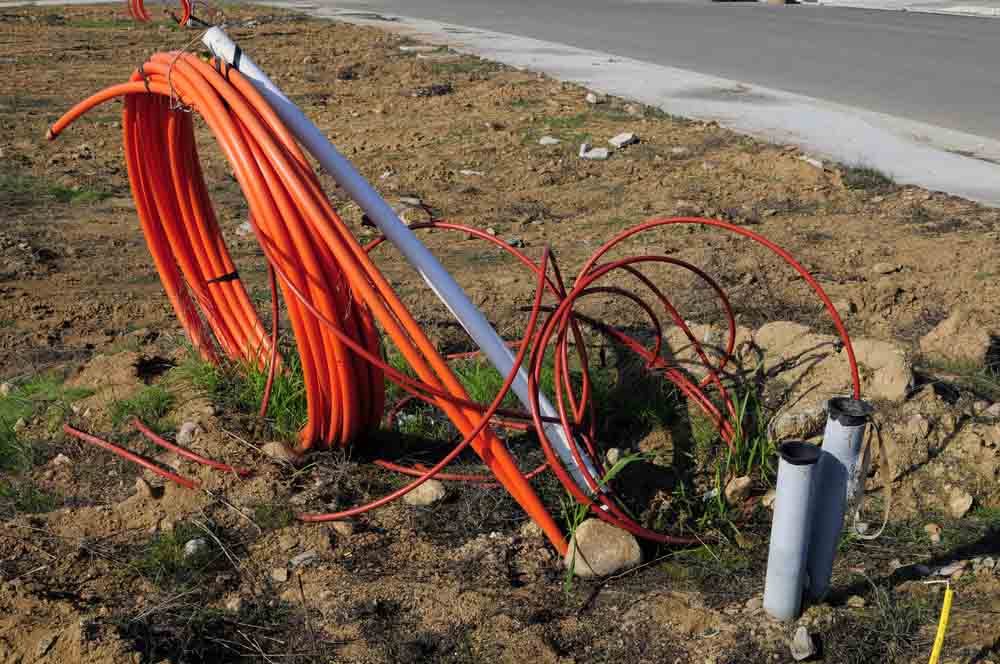
Underground utilities are essential components of modern infrastructure, providing products and services such as electricity, water, gas, telecommunications, and sewerage. The construction process involves several stages and specialized techniques to ensure efficiency, safety, and longevity. Federal EC specializes in pipe rehabilitation in Charlotte, NC. Let us provide you with an overview of the specifics of how underground utilities are constructed:
1. Planning and Design
Detailed planning and design are essential before any underground utility construction can begin. This phase involves surveying the area to identify existing utilities, determining the optimal routes for new installations, considering soil conditions, and obtaining necessary permits and approvals.
2. Site Preparation
Once the design is finalized, the construction site is prepared. This may involve clearing vegetation, some degree of storm drain rehabilitation, excavating trenches or pits, and ensuring access to construction equipment.
3. Excavation
While existing infrastructures can be rehabilitated via trenchless pipe lining, excavation is a crucial step in new underground utility construction. Trenches or pits are dug according to the design specifications, taking into account factors such as depth, width, and slope. Excavation methods can vary depending on the soil type, space constraints, and the presence of existing infrastructure.
4. Installation
Installation may involve laying pipes, cables, or conduits for various utilities such as water, electricity, gas, or telecommunications. Specialized equipment such as backhoes, trenchers, and boring machines facilitate installation while minimizing disruption to the surrounding area. Other utilities can also be installed via the CIPP pipe lining method.
5. Connection and Assembly
Once the utility lines are in place, they are connected to the existing infrastructure or to other sections of the new installation. This typically involves joining pipes, cables, or conduits using appropriate connectors, fittings, or welding techniques.
6. Backfilling
After the installation is complete, the trenches are backfilled with soil.
7. Compaction and Restoration
Once backfilled, the soil is compacted to ensure stability and minimize settling.
8. Testing and Inspection
Underground utilities undergo testing and inspection to make sure they meet safety and regulatory standards. This may involve pressure testing for pipes, electrical testing for cables, and visual inspections for any signs of damage or defects.
9. Documentation
Finally, documentation of the installed utilities is prepared, including as-built drawings, records of materials used, and any relevant permits or certifications.
Federal EC specializes in utility construction services. Contact us today to schedule an appointment.
24 HOUR EMERGENCY SERVICE
When you need top-quality pipe inspection and repair services in the greater Atlanta area and Charlotte, North Carolina, don’t think twice about getting in touch with us here at Federal EC. Our pipe specialists would be more than happy to assist you with all of your project requirements. Contact our team today by calling us or filling out the online form. Federal EC serves Atlanta, GA, and Charlotte, NC. We look forward to working with you.
Schedule an Appointment Today
Lorem ipsum dolor sit amet, eum id tollit nonumy tritani, ullum invenire est in. Id sit voluptua menandri deterruisset, an nam quot putent. Scripta comprehensam id eum, iudico molestiae vix ne. Mel in aeque homero vivendum, tantas expetenda moderatius cum ut. Consulatu sadipscing est no, oportere ocurreret appellantur ne his, vix prima iusto dissentiet id. Ea eos zril utinam, vis ut tantas labores alienum. Sea et movet delenit salutatus, in stet agam maiestatis eum. Illum elaboraret instructior vis cu, an tibique senserit sed, ad ius erat quaeque incorrupte. No mea dolore detracto eloquentiam. Ne debet volumus has, at prima blandit vel.
